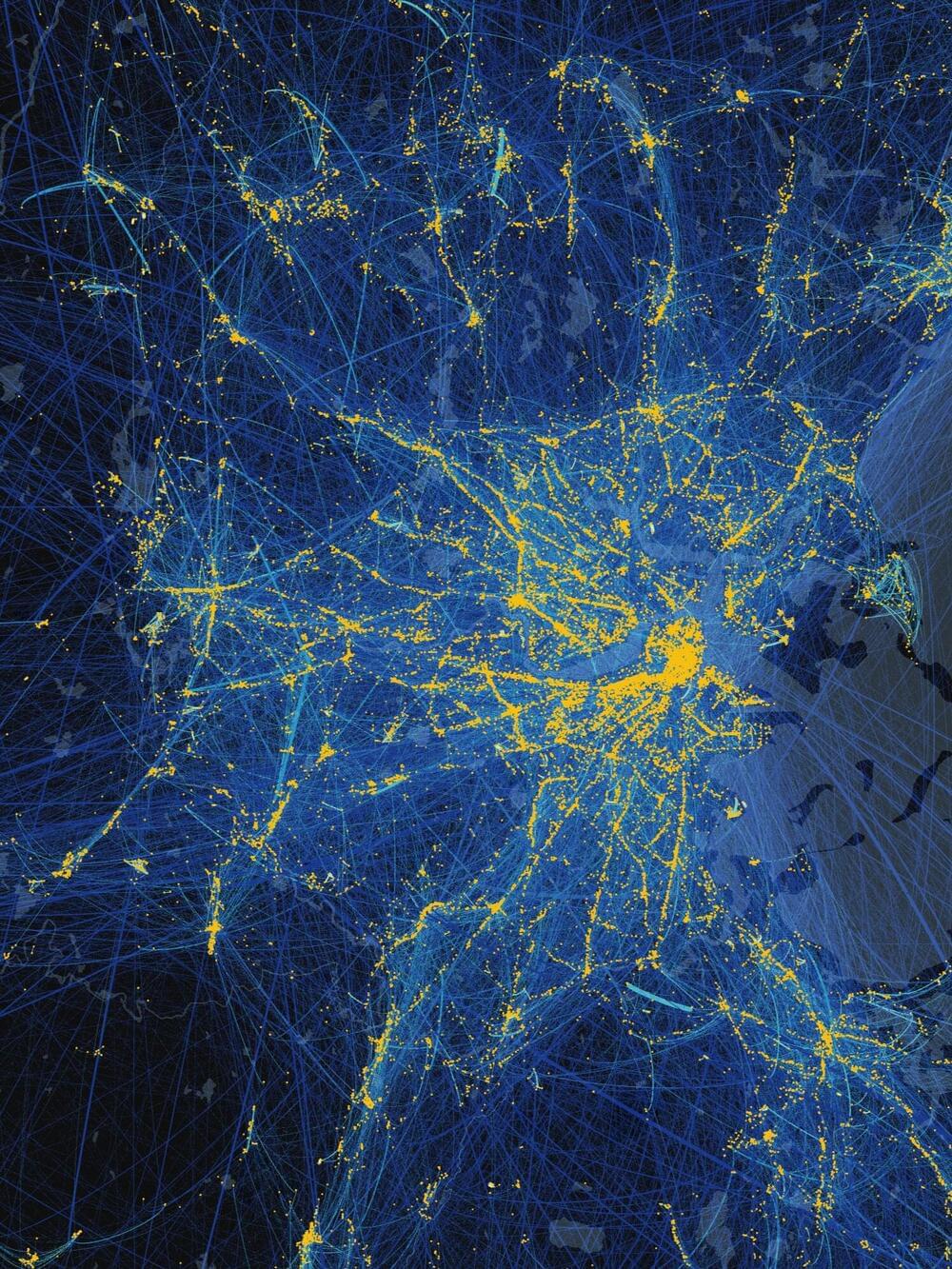Unexpected crises or events, such as the COVID-19 pandemic or natural disasters, can cause disruptions to a city’s economy. For instance, forcing businesses to temporarily close or hindering their daily operations. As businesses often rely on each other, changes in the operation of one company can cause ripple effects, like influencing its suppliers, distributors or other businesses it depends on.
To explore the widespread economic impact of shocks and adverse events, past studies primarily examined the proximity between businesses, assuming that businesses are primarily connected to nearby companies or establishments. However, some findings suggest that people’s movements between businesses (i.e., behavior-based dependencies) also contribute to the resilience of cities following economic disruptions.
These dependencies are essentially relationships between businesses shaped by the behavior and habits of shared customers. For example, if a tech company is forced to close its offices, this might impact not only other nearby restaurants, but also gyms or other establishments located in different parts of a city, which some employees typically visit before or after work.
